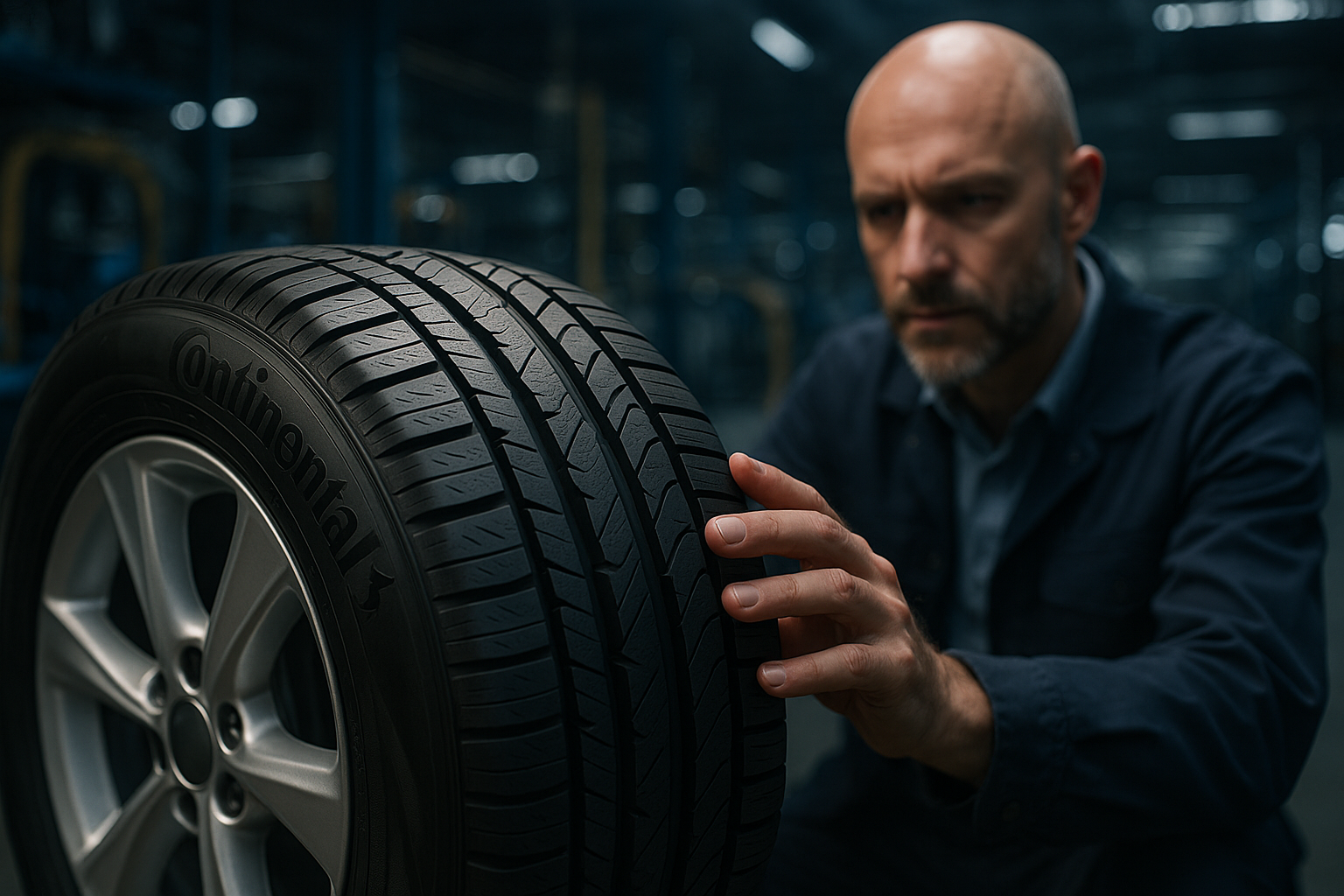1. Discover Hidden Bargains at Police Impound Car Sales
Police impound car sales offer a chance to buy vehicles at a fraction of their market value. From repossessed cars to unclaimed vehicles, these auctions can be a goldmine for savvy buyers. Learn how to find auctions, inspect vehicles, bid smart, and avoid the pitfalls that catch first-time buyers off guard.

How to Find Police Impound Car Auctions Near You
Finding police auctions in your area requires some research, but the potential rewards make the effort worthwhile. Government agencies typically advertise upcoming auctions on their websites, particularly those of local police departments, sheriff’s offices, and municipal government portals. These listings often include basic details about the vehicles available and auction procedures.
Third-party auction websites like GovDeals, PublicSurplus, and PropertyRoom also consolidate listings from multiple agencies, making your search more efficient. For the most comprehensive information, consider signing up for auction newsletters or following relevant social media accounts. Many auction houses maintain email lists to notify interested buyers about upcoming events.
Local newspapers often publish public notices about impound auctions in their classified sections, both in print and online editions. Another effective approach is calling your local police department or sheriff’s office directly to inquire about upcoming auctions. The staff can provide details that may not be widely advertised online.
Tips for Inspecting Vehicles Before You Bid
Pre-auction inspection is crucial when considering an impound vehicle purchase. Unlike traditional car sales, most police auctions sell vehicles “as-is” without warranties or guarantees. Arrive early on inspection day to have ample time for a thorough evaluation. Bring a flashlight to examine dark areas like the undercarriage and engine compartment.
Start by examining the vehicle’s exterior for signs of damage, including mismatched paint, uneven panel gaps, and frame damage. Check the tires for even wear patterns, and inspect all glass and lights for cracks or damage. Under the hood, look for fluid leaks, corrosion, and worn belts or hoses.
If possible, bring a mechanic or knowledgeable friend to help assess the vehicle’s condition. Request the VIN and run a vehicle history report through services like Carfax or AutoCheck to reveal past accidents, title problems, or maintenance records. Some auctions may not allow you to start the engine, but if permitted, listen for unusual noises and check that all systems function properly.
Common Mistakes First-Time Auction Buyers Make
Newcomers to impound auctions often fall prey to several common pitfalls. Perhaps the most dangerous mistake is failing to set a strict budget before bidding begins. The competitive atmosphere of an auction can trigger emotional bidding, leading buyers to exceed their financial limits. Determine your maximum price beforehand and stick to it rigorously.
Another frequent error is neglecting research on market values. Without knowing a vehicle’s fair market price, bidders risk overpaying despite the auction setting. Use resources like Kelley Blue Book or NADA Guides to establish reasonable price ranges for any vehicle you’re considering.
First-timers also commonly overlook additional costs beyond the winning bid. These can include buyer’s premiums (often 5-10% of the purchase price), transportation fees, title transfer costs, and potential repair expenses. Factor these into your budget calculations to avoid unpleasant financial surprises.
Many new buyers fail to read auction terms carefully, missing crucial details about payment methods, vehicle removal deadlines, and documentation requirements. Some make the costly mistake of assuming all vehicles have clean titles, when many impounded vehicles may have title issues that require resolution.
Understanding the Police Auction Process
Police auctions typically follow a structured process that begins with vehicle registration and impoundment. Law enforcement agencies must make reasonable attempts to contact owners before auctioning seized vehicles. Once legal requirements are met, vehicles are cataloged and prepared for auction.
Most police impound auctions use one of two formats: live auctions with an auctioneer or online bidding platforms. Live auctions require in-person attendance, where bidders receive numbered paddles and compete in real-time. Online auctions allow remote participation but may require pre-registration and deposit verification.
Before bidding opens, registered participants usually have an opportunity to inspect vehicles during designated preview periods. When the auction begins, vehicles are presented sequentially with starting bids typically set below market value. The highest bidder wins, but only after meeting or exceeding any reserve price (minimum acceptable bid) set by the agency.
Winning bidders must complete payment according to the auction’s terms—often requiring immediate deposit with full payment within 24-48 hours. After payment, buyers receive necessary documentation to transfer title and register the vehicle. Some auctions provide temporary permits for legal transportation.
How to Score the Best Deal at an Impound Sale
Successful auction buying requires strategy and preparation. Start by arriving with multiple vehicle options in mind rather than fixating on a single car. This flexibility allows you to walk away from bidding wars that exceed reasonable values. Attending multiple auctions before making your first purchase helps you understand the rhythm and tactics of experienced bidders.
Researching typical selling prices at previous auctions provides valuable insight into local market conditions. Many auction veterans recommend focusing on less popular models or vehicles with cosmetic issues that can be easily fixed, as these often attract fewer bidders and sell at greater discounts.
Consider the auction timing as well—end-of-month or winter auctions may draw smaller crowds, potentially leading to better deals. For online auctions, placing bids in the final minutes can help avoid prolonged bidding wars that drive up prices.
When calculating your maximum bid, factor in realistic repair costs based on your inspection findings. Remember that even significant discounts can be negated by unexpected mechanical problems. Patience remains perhaps the most valuable strategy—being willing to walk away from today’s auction means you’ll be ready for a better opportunity tomorrow.
| Auction Platform | Format | Buyer’s Premium | Payment Methods | Notable Features |
|---|---|---|---|---|
| GovDeals | Online | 7.5-12.5% | Credit Card, Wire Transfer | Nationwide listings, detailed photos |
| PropertyRoom | Online | 10-18% | Credit Card, PayPal | Police-specific auctions, shipping options |
| Public Surplus | Online | Varies by agency | Credit Card, Wire Transfer | Municipal government focus, no registration fee |
| GSA Auctions | Online | None | Credit Card, Wire Transfer | Federal vehicle auctions, detailed condition reports |
| Local Sheriff/Police Auctions | In-person | 0-10% | Cash, Cashier’s Check | Direct inspection opportunities, immediate possession |
Prices, rates, or cost estimates mentioned in this article are based on the latest available information but may change over time. Independent research is advised before making financial decisions.
Police impound auctions represent a unique opportunity to purchase vehicles at significantly reduced prices compared to traditional markets. While these sales come with inherent risks—including limited inspection time and as-is conditions—informed buyers who approach the process with diligence and realistic expectations can discover genuine bargains. By understanding how to locate auctions, properly inspect vehicles, avoid common pitfalls, navigate the bidding process, and implement strategic purchasing tactics, you’ll be well-positioned to take advantage of these hidden automotive deals in your area.




